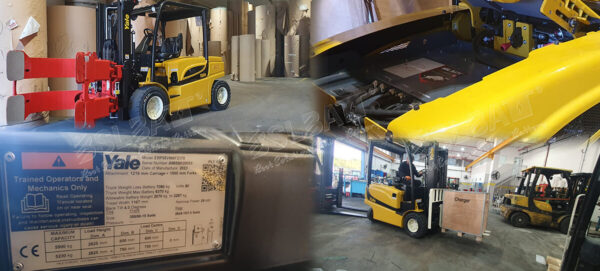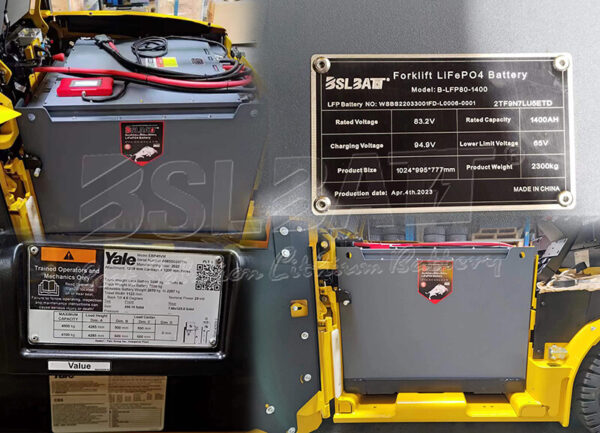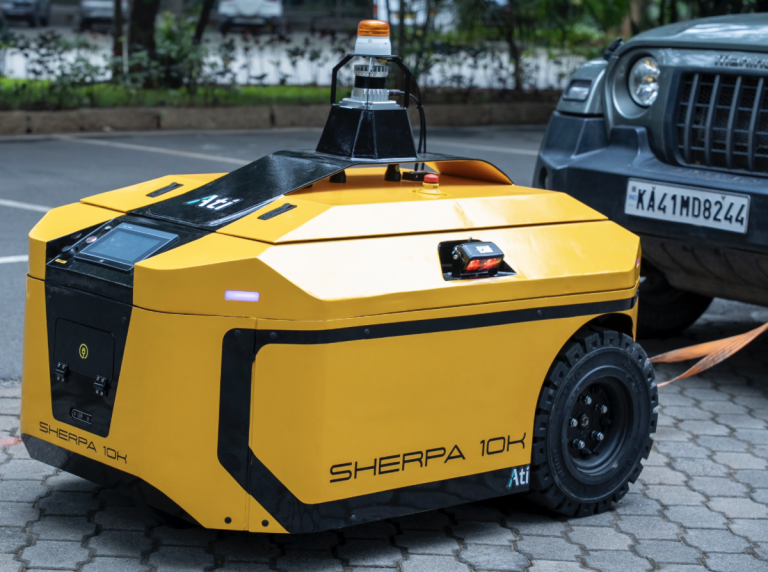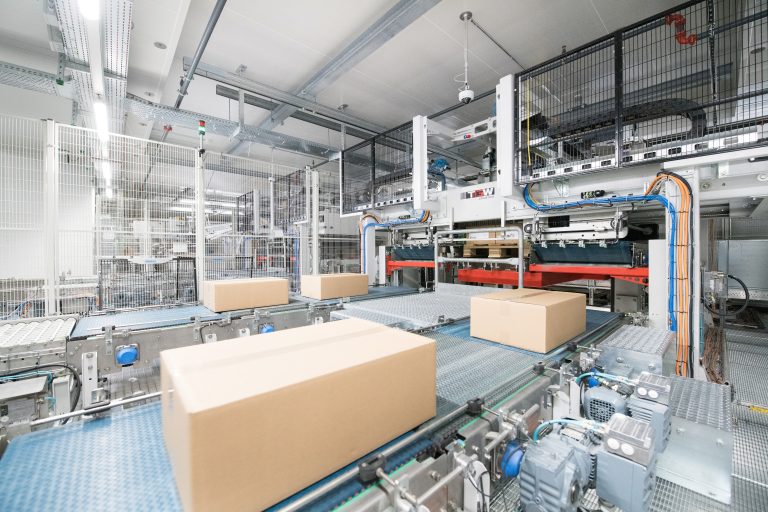Industry Challenge
A typical paper roll may be loaded, transported, and unloaded 4-16 times on its way from the paper mill to the printing press. All stages of this transport chain require powerful, dedicated handling equipment to minimize downtime and operating costs.
Newsprint, coated paper, craft, or linerboard – high-volume, uninterrupted processing of paper rolls, pulp, and waste bales requires powerful equipment. The power supply usually needs to be so rugged and reliable that you can run it non-stop.
Until recently, Class I and II forklifts using tilt and swivel attachments were primarily powered by LPG internal combustion engines or lead-acid electric motors. Both have their own set of problems, but three main ones are common: run time, high energy costs, and pollution.
The pulp and paper industry is an “edge” industry for Li-ion technology. Its material-handling needs range between those industries where electric forklifts have traditionally been available, such as small warehouses and supermarkets, and super-heavy industries, such as mining, where huge machinery consumes so much energy that conventional wisdom says it cannot be used converted into electricity. “We’re proving that’s not true,” said Haley Ning, director of marketing at BSLBATT. “The paper industry was one of the first heavy industries to adopt lithium-ion batteries, but others will follow.”
Pulp and paper facilities are ready for conversion because they generally have access to electricity and stable infrastructure with a consistent grid; in contrast, many mining operations are located in undeveloped areas. “Our battery offers great potential for paper processing,” says Felix Du. “Furthermore, where hygienic handling is a mandatory requirement – such as paper converting and packaging, including food packaging – the absence of harmful fumes and low maintenance are important.”
How BSL lithium-ion forklift batteries are changing the paper and packaging industry
Case 1
A Taiwanese paper mill is retrofitting new lithium batteries with a Yale ERP45VM forklift. 4500KG. The Electric Buffer Tire Trucks are all 83.2V powered by a 1400Ah BSL Li-Ion battery.
Six trucks carry the rolls to the loading and unloading warehouse, where they are stacked in warehouses for distribution. There are also two trucks for excursions with rolls that need to be rewound.
All eight trucks run on one battery, which will last all day, with quick opportunity recharging sessions during breaks and lunches.
Case 2
A large Israeli paper mill is using a Yale ERP55VM6F2170 to retrofit new lithium batteries to feed the production line. The end of the line is served by eight Yale ERP55VM6F2170 forklifts, which have all recently switched from lead-acid powered electric trucks to BSL lithium batteries. There are 5500 KG capacity trucks equipped with 2267KG paper roll clamps and BSL lithium batteries with 2200KG installed. 8 Yale ERP55VM6F2170 forklifts do very heavy duty – 3 shifts per day, averaging 4,800 hours per year! This is well beyond any industry standard rental (approximately 1500-2000 hours per year).
Powerful, durable BSLBATT lithium batteries are the best choice when you need to maximize uptime and safely handle paper and pulp products.
Also for pulp and paper manufacturers, sustainability is another factor. It was a “eureka moment” for Haley Ning to realize that many of his clients had internal mandates to reduce their factories’ carbon footprint. “Forklifts may not even be an area they’re thinking about helping achieve those goals,” he said. “Switching from lead-acid batteries to lithium means switching from dirty to clean energy. Efficiency is common in every industry.
You’ll save money along the way on lead acid. In Israel, it can cost 5-10 times more to run a truck with a lead-acid battery, depending on where you live and work. Our experience is that we can help someone reduce their total cost of ownership by 25-30% over five years,” he added.

Summarize
BSLBATT is known for producing some of the most durable, reliable, safe, and trouble-free Li-ion batteries for applications where durability, speed, and energy efficiency directly impact the bottom line.
BSLBATT lithium-ion batteries help reduce downtime by taking advantage of breaks to opportunistically recharge when operations are most convenient. Zero routine maintenance and energy efficiency provide quick cost savings.
Lithium-ion technology is the best forklift battery to help the paper and packaging industry achieve warehouse and operational efficiencies. The benefits of using lithium-ion batteries can help achieve these operational efficiency goals. Fleet managers in the paper and packaging industry can improve operational efficiency by implementing lithium-ion batteries in their forklift fleets.











